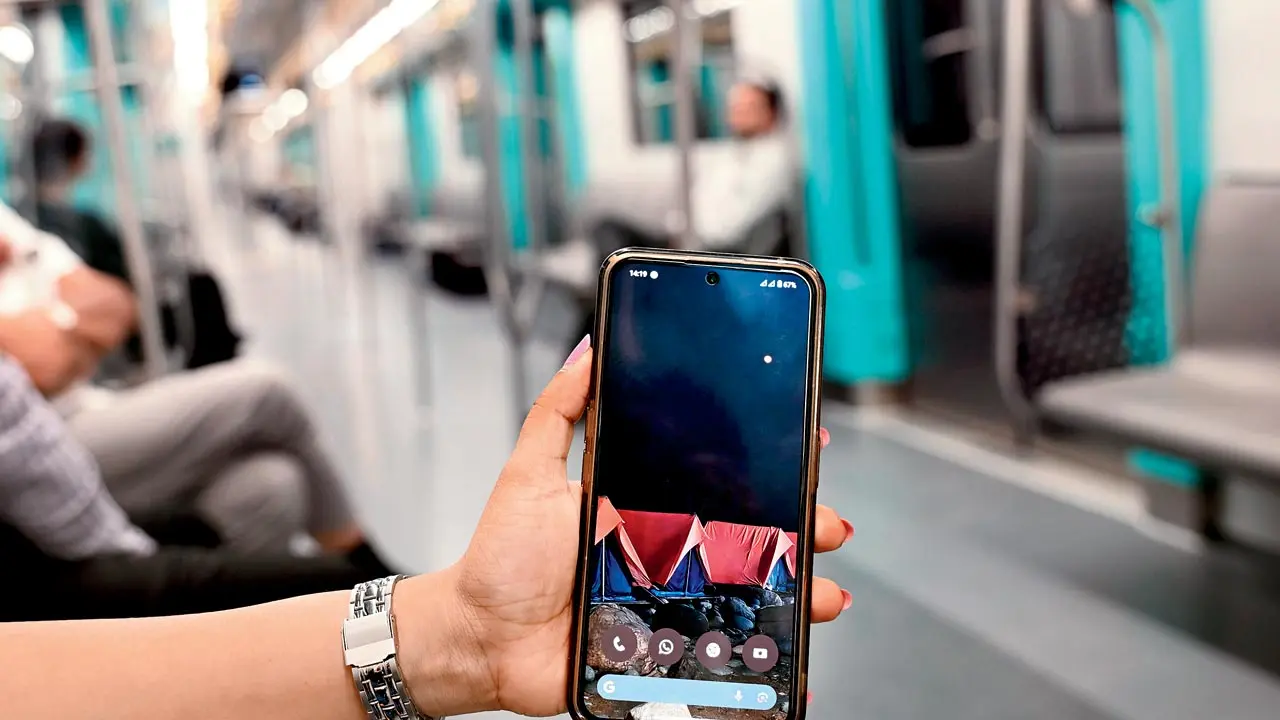Mumbai’s ambitious Metro Line 3, also known as the Aqua Line, has recently become the centre of a significant dispute between telecom operators and the Mumbai Metro Rail Corporation Limited (MMRCL).
Commuters have been left without mobile connectivity in the underground sections of the metro, highlighting challenges in infrastructure deployment and regulatory compliance. The core of the issue lies in MMRCL’s decision to appoint ACES, a Dubai-based vendor, as the exclusive provider of In-Building Solutions (IBS) for mobile connectivity within the metro. This move has been met with resistance from major telecom operators, represented by the Cellular Operators Association of India (COAI), who argue that the arrangement violates the Telecommunication Act of 2023. The Act stipulates that only licensed Telecom Service Providers (TSPs) are authorised to deploy active infrastructure, a role that ACES, as an Infrastructure Provider Category-I (IP-I) entity, is not permitted to undertake.
COAI has expressed concerns that the rates proposed by ACES for using the IBS infrastructure are commercially unviable. In response, the telecom operators offered to install their own infrastructure at no cost to MMRCL, ensuring uninterrupted connectivity for commuters. However, MMRCL rejected this proposal, insisting on the use of ACES’ services. The standoff has led to a complete shutdown of mobile services by Vodafone Idea and Airtel on the Aqua Line, affecting both Phase I (Aarey/JVLR to BKC) and the newly launched Phase 2A (BKC to Acharya Atre Chowk). Reliance Jio continues to offer limited connectivity, but only at SEEPZ station, where it has independently installed equipment
Commuters have expressed frustration over the lack of connectivity, which hampers not only communication but also digital transactions and ticketing processes. In response, MMRCL has enabled free Wi-Fi at station concourses to facilitate essential digital transactions. The dispute has broader implications for public infrastructure projects in India. It underscores the need for clear regulatory frameworks and collaboration between public authorities and private service providers to ensure that infrastructure development aligns with legal standards and serves the public interest.
As the situation unfolds, stakeholders are urged to engage in constructive dialogue to resolve the impasse and restore essential services to commuters. The resolution of this dispute will not only impact the immediate users of the Aqua Line but also set a precedent for future infrastructure projects across the country
Also Read : Mumbai Vande Bharat Sleeper Trains Introduce Interlaced Coil HVAC


